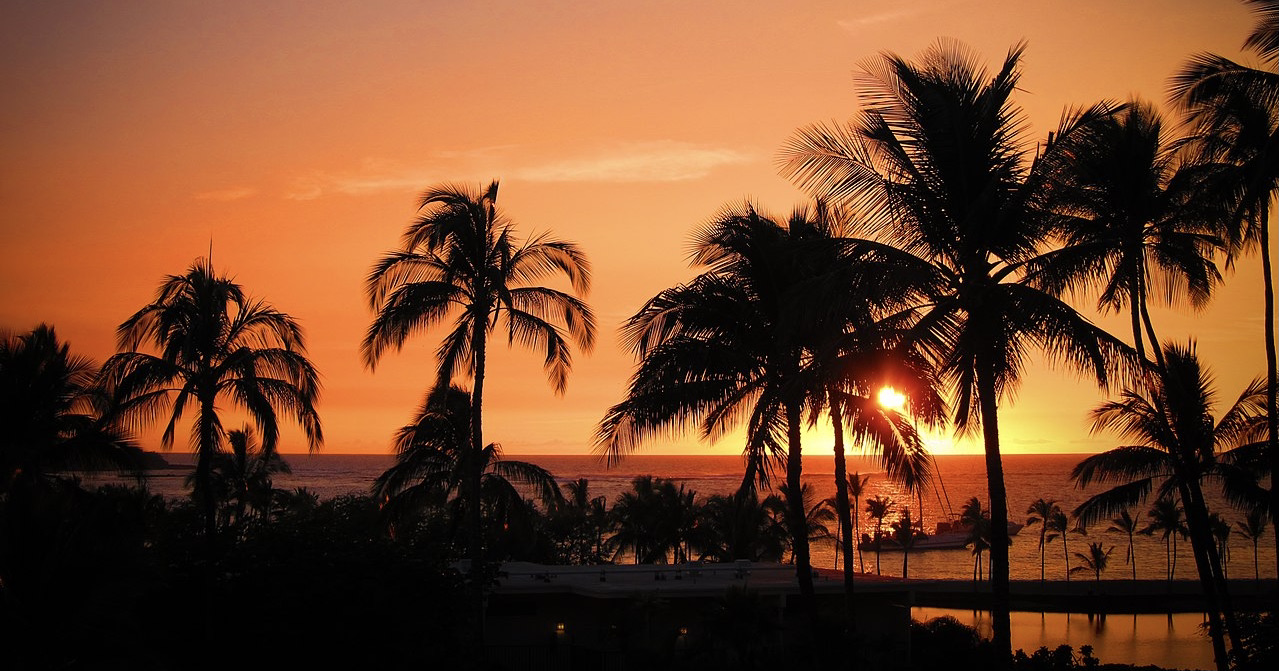 Culture & Ethics
Culture & Ethics
 Medicine
Medicine
Now Another State Wants Non–Physician-Assisted Suicide

Always remember that the first iteration of assisted-suicide legalization is not the last iteration. Over time — and once people get used to doctors prescribing for suicide or giving lethal jabs — the laws are loosened to make more people eligible to die, or to expand the cadre of medical professionals entitled to end patients’ lives.
Now, hot on the heels of Washington State, it’s Hawaii. A bill has been filed to allow nurse practitioners to lethally prescribe and shorten the waiting period between request to die and distribution of the poison. From SB 323:
The purpose of this Act is to amend the Our Care, Our Choice Act to:
(1) Authorize advanced practice registered nurses, in addition to physicians, to practice medical aid in dying in accordance with their scope of practice and prescribing authority;
(2) Authorize psychiatric mental health nurse practitioners, in addition to psychiatrists, psychologists, and clinical social workers, to provide counseling to a qualified patient;
(3) Reduce the mandatory waiting period between oral requests from twenty days to fifteen days; and
(4) Provide an expedited pathway for those terminally ill individuals not expected to survive the mandatory waiting period.
Always the Way
This is always the way. When activists sell assisted suicide, they promise that strict guidelines will protect against abuse.
But once the law has passed and people get used to doctors causing death, the protections are redefined as obstacles or burdens, and the law is loosened to make more people eligible to get dead quicker. The ultimate destination is death on demand, which has already come to Germany.
Of course, this is a one-way street. Assisted-suicide/euthanasia laws are never tightened or repealed.
Cross-posted at The Corner at the Humanize blog, published by Discovery Institute’s Center on Human Exceptionalism.
